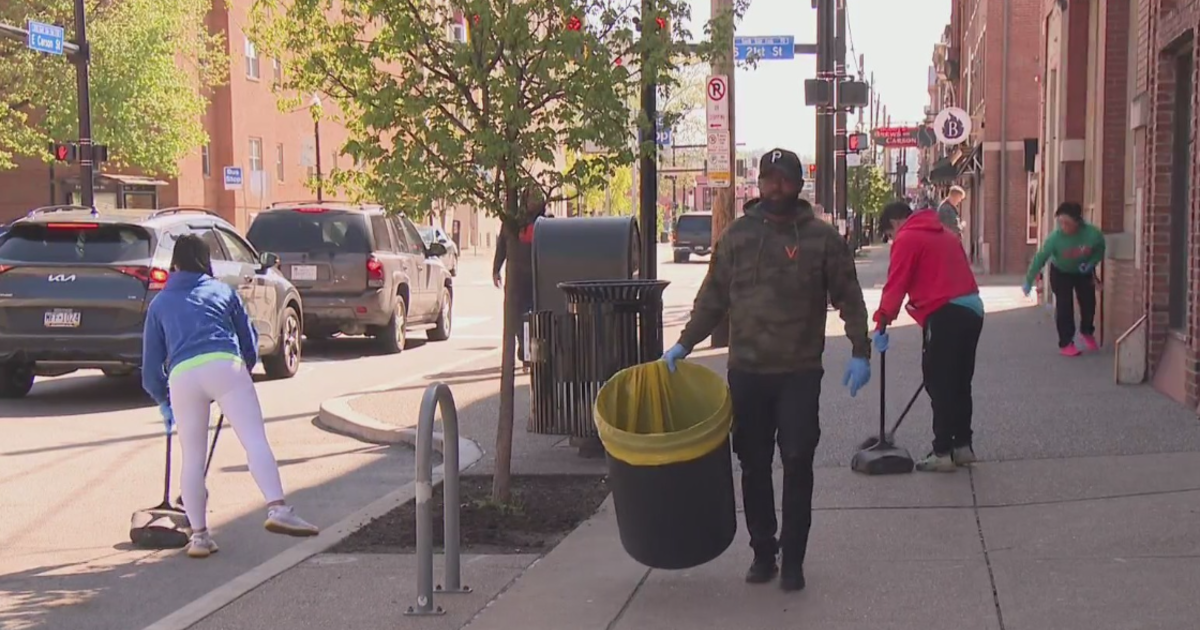Security Experts Issue Warning About Facebook Cloning Scam
PITTSBURGH (KDKA) - There's a new, dark side to Facebook and it could put you at risk of losing your money, reputation and even a friendship.
Criminals are cloning Facebook pages and are pretending to be you.
There's really no way to know it is happening.
Joe Giacalone says somebody stole his Facebook page. They made an exact copy of it, posed as him and he had no idea.
"It's not a good feeling when you think that you've been had," Giacalone said.
He only found out after the imposter tried to scam one of his Facebook friends asking him for money.
It's called Facebook cloning.
With just a few clicks of a mouse, cybercriminals create a duplicate you.
They have access to your Facebook friends and then can do anything pretending to be you, unless a friend catches on.
"Immediately, I thought to myself this was not Joe Giacalone," Joe Wolf said.
It was Joe Wolf who questioned whether it was really his friend who was contacting him.
He alerted the real Giacalone, who was shocked by what he found.
"When I clicked on it, I saw my face, I saw my cover page," he said. "It was me. For all intents and purposes, it was me."
Giacalone contacted Facebook and they deleted the phony profile.
With 1.5 billion accounts worldwide, there's no shortage of potential targets.
It happened to Zona Koopman too.
She thought she was communicating with a friend, but it turned out to be somebody pretending to be her friend.
"We chit-chatted back and forth for several messages," she said.
Then, she says the copycat tried to scam her.
"I said on the message, 'Well, I know you're a fraud and I'm going to report you,'" Koopman said.
Facebook allows users to restrict who can and cannot have access to your page.
Many don't choose settings that offer enough protection.
Experts say that's a mistake.
"They're providing tools to people to help them protect themselves and that's always the first line of defense, protect yourself," security expert Lance Ulanoff said.
That's what Giacalone is doing now - limiting access. He's relieved he's doing it before it's too late.
"Nobody had their reputation ruined, nobody had any money taken from them. So, this is an opportunity where I can start changing my online behavior," Giacalone said.
Experts say even if your profile has the highest security settings, there are five things you should never post on social media:
- Your full birthdate or full birthdates of your family members.
- Your relationship status.
- Your current location.
- Whether or not you're home alone.
- Pictures of your kids tagged with their names.
You May Also Be Interested In These Latest News Stories
Join The Conversation On The KDKA Facebook Page
Stay Up To Date, Follow KDKA On Twitter



